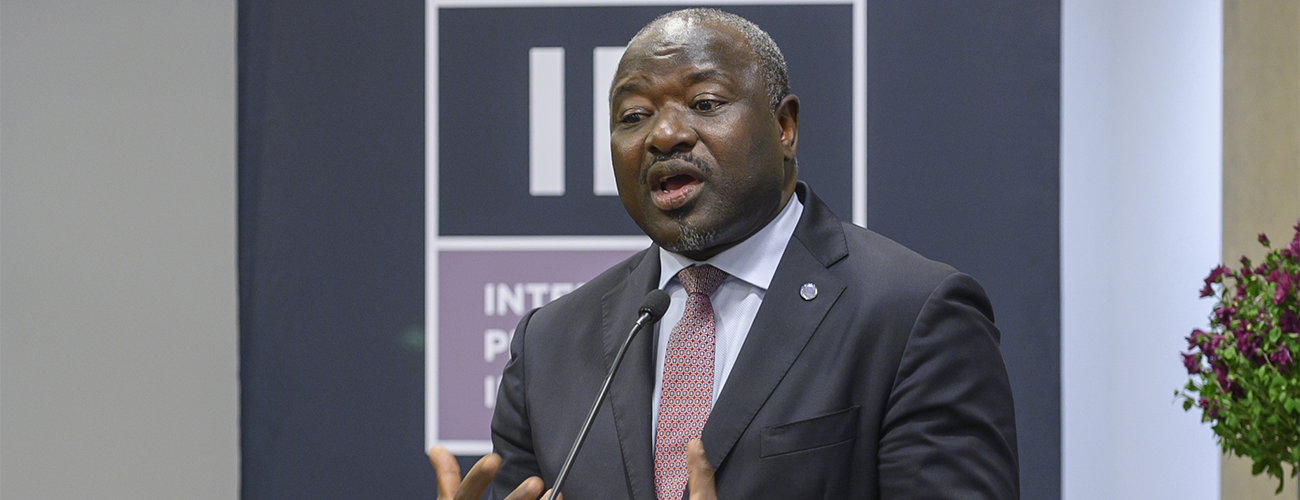“Multilateralism has been highly relevant to the evolution of the arms control nuclear non-proliferation disarmament agenda,” Kevin Rudd, former Prime Minister of Australia and the Chair of IPI’s Board of Directors, told a September 23rd Policy Forum cosponsored by IPI and the Comprehensive Nuclear Test-Ban Treaty Organization (CTBTO). He cited the example of a key test-ban treaty and the difficulties it has had in attracting the international support it needs to secure its ratification.
The Comprehensive Nuclear Test-Ban Treaty (CTBT) is a multilateral treaty that bans all nuclear explosions, for both civilian and military purposes, in all environments. It was adopted by the United Nations General Assembly in 1996, and there are 184 signatories, but it has not entered into force since eight influential states—China, Egypt, India, Iran, Israel, North Korea, Pakistan, and the United States—have not ratified it.
“Why does the CTBT remain not in force, despite having a strong framework and infrastructure for ratification?” asked Lassina Zerbo, CTBTO Executive Secretary, who leads the effort to gain full ratification. “It’s because these big players don’t care about the treaty, that’s the biggest challenge we’re facing right now.”
Saying it was frustrating to have the treaty’s future depend on just a few countries, he worried about the far reaching consequences for the whole disarmament agenda. “If we cannot get the CTBT into force, what else can we do?” he said. “The prohibition treaty is wonderful, and a world free of nuclear weapons is what we want, but the CTBT is a low-hanging fruit, and if we can’t get this in our pocket, then we cannot have any other disarmament.”
Dr. Zerbo said that proponents of the treaty were failing to communicate its values properly, particularly to the developing world. “We’re bombarding them with so much information on the same issue of disarmament and non-proliferation, but people are simply lost because they do not have the resources like the developing world to use the information and make sense of it,” he said. “Communication isn’t only about using new technology or going to other countries, it’s about working in a synergetic way in which we link all aspects of non-proliferation and disarmament.“
Communication failure was also on the mind of the event’s other speaker, Maria Fernanda Espinosa Garcés, the outgoing President of the UN General Assembly, as she discussed ways to move forward to strengthen the multilateral system. She said there were three “deficits” that had to be addressed, the first of which was “the communication deficit.”
“We need to find ways to communicate our work better, to provide meaningful answers to those who have lost faith in the international system, and to push back against those who peddle misinformation.” And, she added, “Perhaps the most important deficit in communication is about listening; the UN needs to listen more.”
The second lapse that Ms. Espinosa listed was an “inclusion deficit”. “We have to come up with a clear blueprint, a clear agreement on how to include stakeholders in our conversation,” she explained. “It cannot be ad hoc or case by case, but must be a predictable system to make sure that these stakeholders have a co-responsibility in finding a solution.”
Ms. Espinosa’s third point was the need to close the “action deficit.” She said, “We have to expend as much effort on implementation as we do on our deliberations. We need to value multilateralism in its capacity to deliver for people, including on treaties like the CTBT.”
The discussion was moderated by Mr. Rudd.








